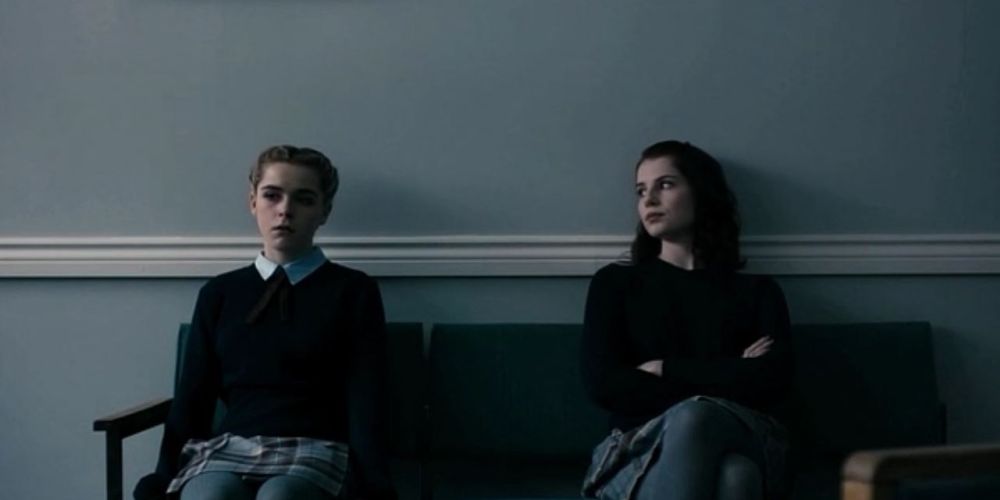thriller
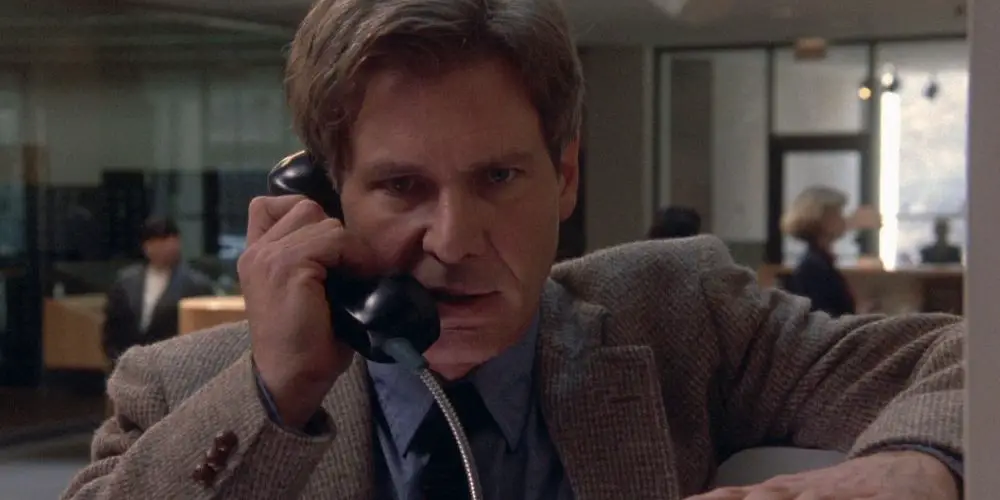
In Andrew Davis’ brilliant 1993 thriller The Fugitive, the filmmakers use a variety of techniques to lead the viewer through the story. They drop hints with color and lighting that viewers are not necessarily trained to consciously notice while they’re watching, and employ a gripping editing style that effectively supports the cat-and-mouse game that embroils the film’s two main characters. Every movie has content, which is what is seen and heard on screen, and what is referred to as form, which is the way in which the film’s creators manipulate that content to their own ends and present it to the viewer.
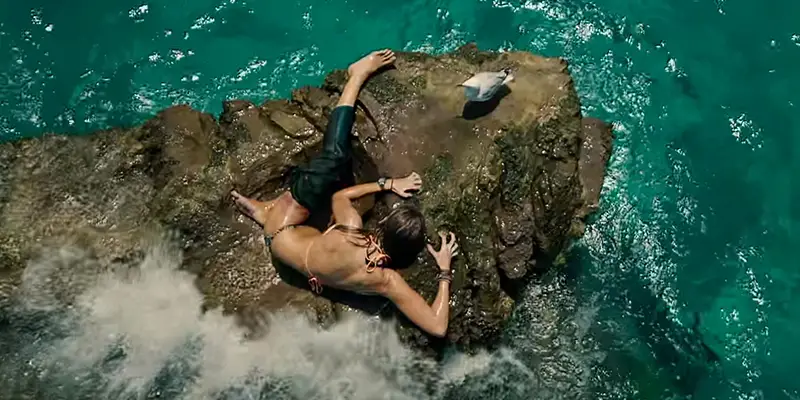
Nearly everything about the film The Shallows seems to indicate that you wouldn’t be at a loss for missing it in theaters. The premise of an attractive woman in turmoil, coupled with an unbelievably vicious shark – each of these stories on their own has been done time and time again. Yet, somehow, The Shallows manages to just surpass the murky depths that most of those films sink to.
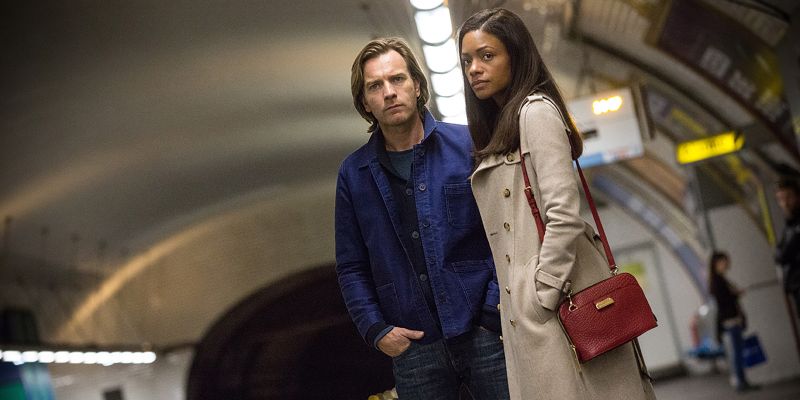
Ewan McGregor stars across Stellan Skarsgård, with Naomie Harris and Damian Lewis, in this film adaptation of the John le Carré (who is also on board as executive producer) novel of the same name, with a screenplay penned by Hossein Amini, helmed by British director Susanna White. With neo-noir ingredients, this thriller falls somewhere between slow-burn and slow-going. At times, we’re left to wonder why there isn’t more action, or twists (I felt similarly during Jack Ryan:
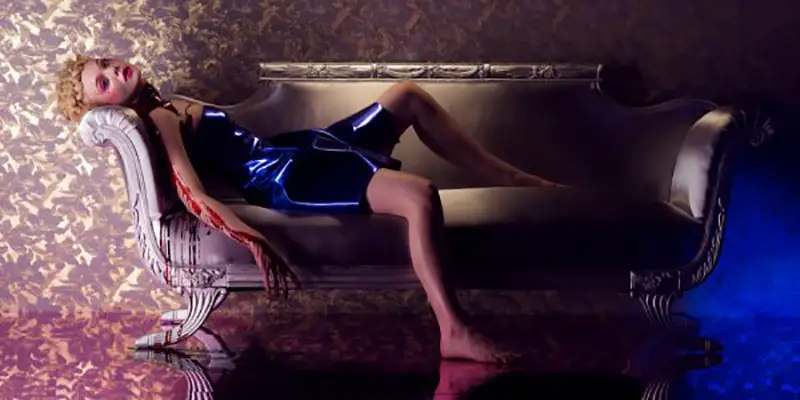
There is offense to be taken with the frame and exterior of physical bodies. Beauty, it has been said, is in the eye of the beholder. Yet, one can’t help but feel that, since the rise of feminism and the development of the male-gaze interpretation, almost all appreciation for the aesthetics of a given film has been entirely lost.
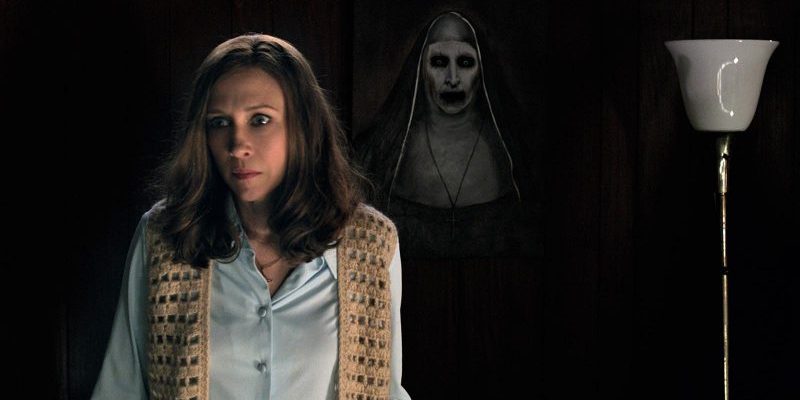
After a brief hiatus with Fast and Furious 7, mainstream horror’s prodigal son James Wan has returned to the Devil’s Church of Jump Scares with a sequel to his paranormal blockbuster, The Conjuring. The main lesson he seems to have learned on his franchise-hopping action excursion is how to make things feel absolutely massive, and in following the golden rule of sequels, he’s applied that bigger-is-better ethos to The Conjuring 2. The ghostbusting duo of the first film – Ed and Lorraine Warren – are called to London to flush out some more housebound demons, but in an effort to raise the stakes over the first film, Lorraine is also faced with her own adversaries:
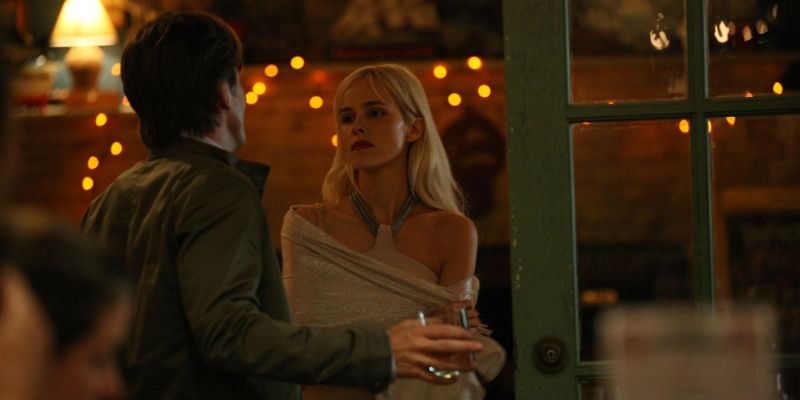
Despite the title being one of the most fascinating I’ve seen in a while, Careful What You Wish For, directed by Elizabeth Allen Rosenbaum, is about as painfully average as a neo-noir thriller film can get. You will not be surprised or fascinated at any point in this film, where a younger man takes an older woman (Isabel Lucas) as his lover. Though, said older woman isn’t all that much older than him, sadly showing how limited roles for women are in this industry.
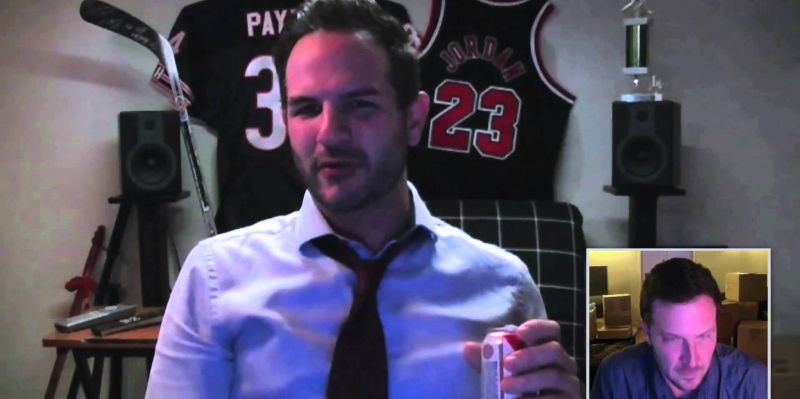
In Matthew Solomon’s Chatter, Agent Martin Takagi (Tohoru Masamune) comes across the intimate video chats of married couple while monitoring Internet traffic for the Department of Homeland Security. The married couple, played by Brady Smith and Sarena Khan, begin to discover that their new home is haunted. In the same vein of horror films such as Paranormal Activity and the more recent Unfriended, the mechanics within this film felt familiar.
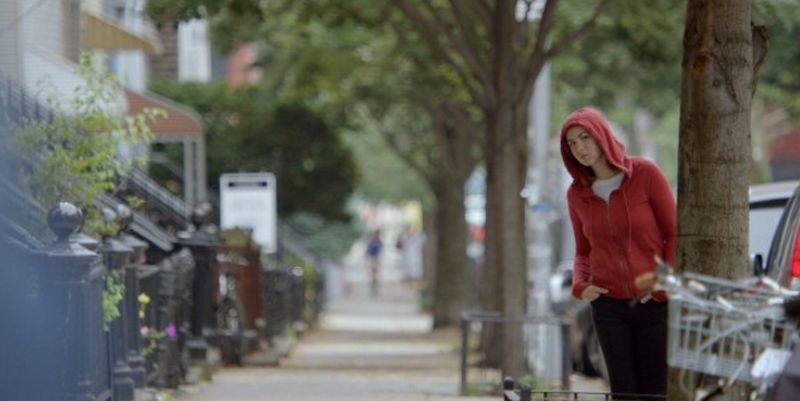
The story of Freckles, written and directed by Denise Papas Meechan, opens with Lizzie introducing herself by voicing her strong hatred she has for the “ugly orange dots” that she refers to as her “star map to loneliness”. This is a story of a woman who has a disturbingly distorted view of herself. Despite her mother telling her that the freckles are “kisses from God”, Lizzie sees them as a curse.
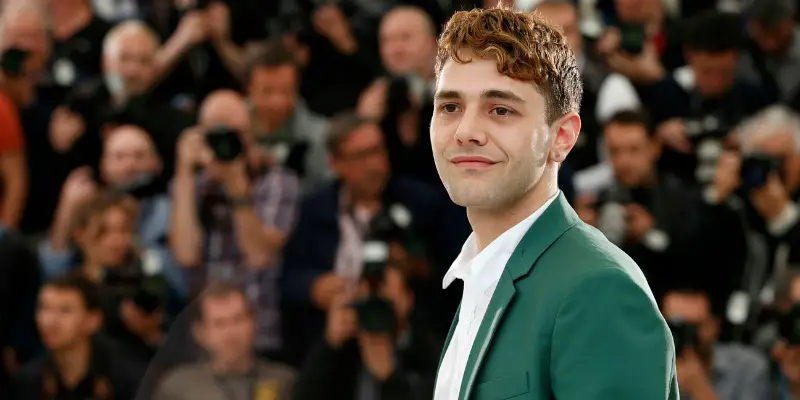
If you don’t keep up, the filmography of Québécois director Xavier Dolan could expand into an intimidating mass. He released five films between 2009 and 2014 and already has two more in the pipeline, additionally serving as writer, editor, actor, and costume designer for several of the projects. That output, along with other extraneous facts, like his young age, has drawn headlines that sadly take attention away from what is an expressive filmography.
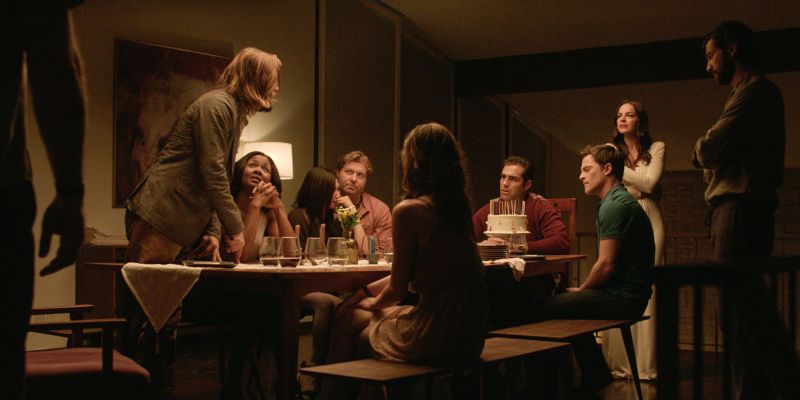
Two years after his ex-wife disappeared, Will (Logan Marshall-Green) and his new girlfriend Kira (Emayatzy Corinealdi) get an invitation to a dinner party his ex-wife is throwing out of the blue. The couple is hesitant, the invitation is too elaborately fancy, and it all feels slightly off, especially after such a long time of complete silence. On their way to the party, they hit a coyote, which Will kills out of mercy.
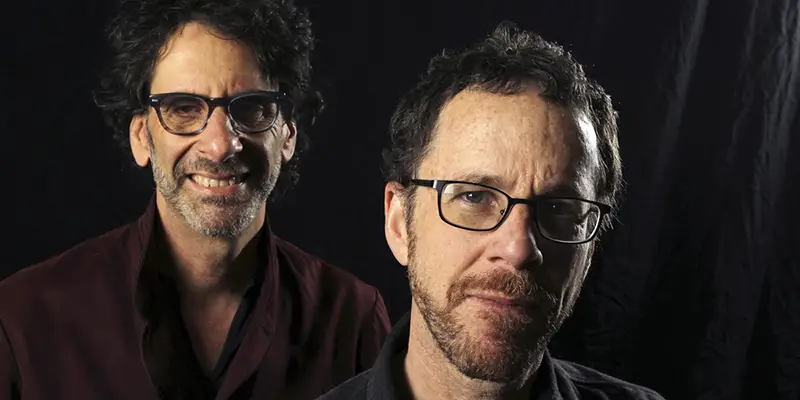
Since they first hit cinema screens in 1984, the Coen Brothers have had a firm grip on audiences and critics alike. Renowned for their idiosyncratic, high quality work, they have found themselves increasingly in demand with studios and actors, many of whom aim to make their next project a Coen Brothers film. They have written, directed and produced all of their own pictures, edited most of them, and have recently ventured into the ‘gun for hire’ realm of screenwriting, contributing to Steven Spielberg’s Bridge of Spies, Angelina Jolie’s Unbroken, Michael Hoffman’s Gambit, and George Clooney’s upcoming Suburbicon.
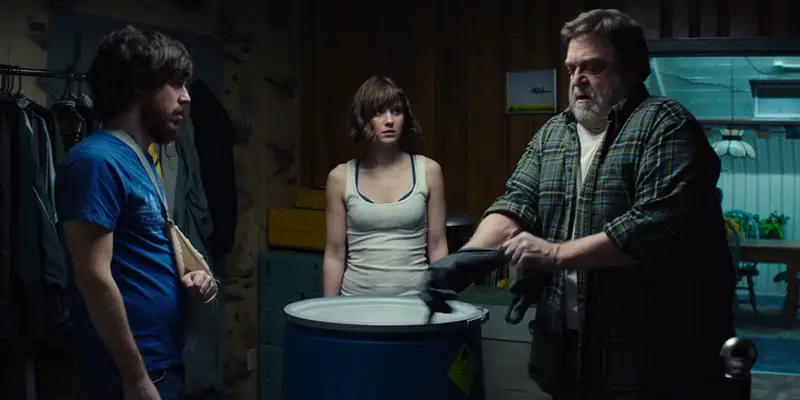
The inner urge for survival is the most primitive of all impulses. For the longest time, sex was believed to be the driving force that pushes people, unconsciously and fully-cognizant, towards certain results in life. But after WWII especially, psychologists and holocaust survivors began to revisit the idea, and psychoanalysts took the obvious cue from Darwin:
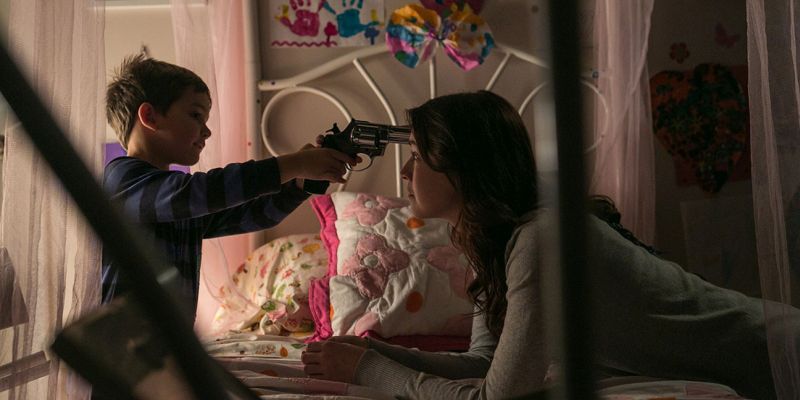
Michael Thelin’s directorial feature debut is perhaps most effective in its earliest stages. When we are first introduced to a sleepy suburban neighbourhood, it is already clear that something is amiss. When we witness the kidnapping of a young woman on her way to babysit, we begin to get some idea of what is in store.
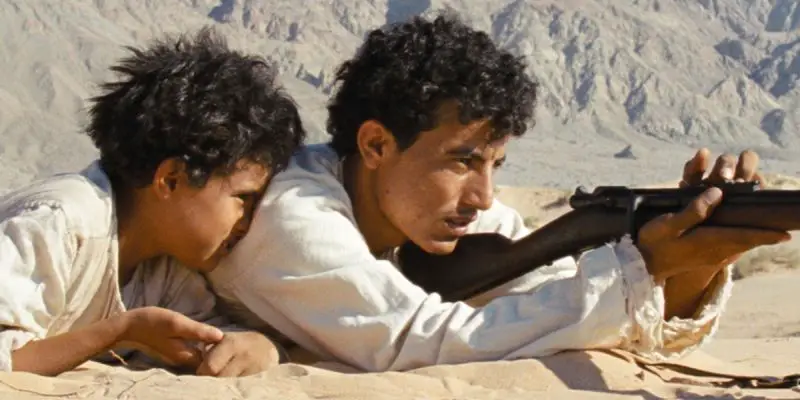
Theeb is an excellent film from this past year, and I’m afraid the precious few people will make it out to see it due to the lack of distribution. Had it not been nominated for the Best Foreign Language Film Oscar this year, I probably would have never come across this little gem. Theeb is set in 1916 toward the end of the Ottoman Empire, in a province known as Hijaz (around Saudi Arabia and Medina) where two brothers, who hail from a family nomads, escort a British soldier with a mysterious wooden box to the Ottomon railway.


